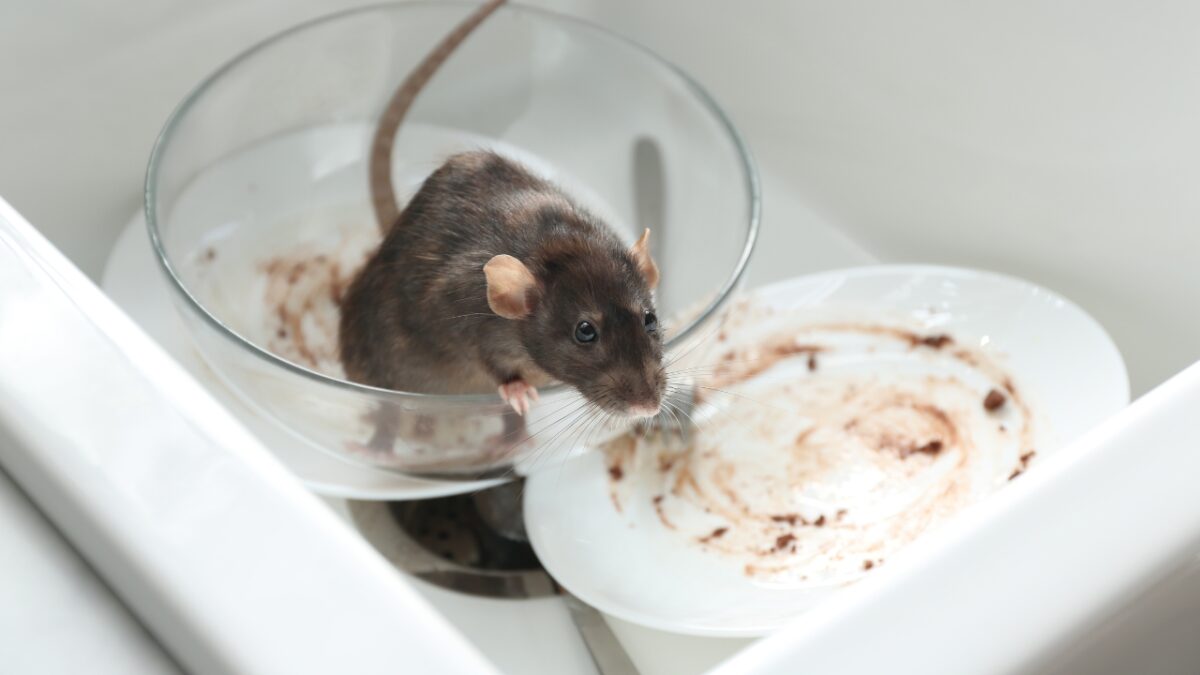
Perth, with its sunny climate and proximity to natural bushland, is a beautiful place to live. But this idyllic setting can also attract unwanted guests – rodents. These furry (or sometimes not-so-furry) creatures might seem small, but they can wreak havoc on your Perth home, posing a threat to your health, comfort, and even your wallet.
This comprehensive guide will delve into the importance of rodent control in Perth homes. We’ll explore the different types of rodents you might encounter, the dangers they pose, and most importantly, effective strategies to keep your home rodent-free.
Unwanted Perth House Guests: Common Rodent Types
Perth is home to several rodent species, each with their own unique characteristics and preferred living spaces. Here are the most common culprits:
- House Mice: These tiny trespassers, measuring just 7-9 cm long, are agile climbers and can squeeze through surprisingly small gaps. They’re attracted to crumbs, pet food, and warm nesting areas like wall cavities.
- Roof Rats: Nicknamed “roof rats” for their excellent climbing skills, these larger rodents (up to 18 cm long) prefer attics and roof spaces. They’ll readily chew through electrical wires, posing a fire hazard.
- Norway Rats: These hefty brown rats (up to 25 cm long) are formidable burrowers and excellent swimmers. They’ll happily set up camp in basements, crawlspaces, and under decks, potentially damaging pipes and foundations.
Effective rodent control in perth: Trust our experienced team for comprehensive pest management solutions. Ensure a pest-free environment with our tailored services.
Rodent Rendezvous: Signs of an Infestation
If you suspect a rodent infestation in your Perth home, here are some telltale signs to watch out for:
- Droppings: Rodent droppings are small, dark pellets that can be found near food sources, along walls, or in nesting areas.
- Gnaw Marks: Rodents need to constantly chew to wear down their ever-growing incisors. Look for gnaw marks on furniture, wires, boxes, and even walls.
- Nests: Rodents build nests from shredded paper, insulation, or fabric. These nests are often hidden in attics, wall cavities, or behind appliances.
- Rub Marks: Rodents leave greasy rub marks along walls and baseboards as they navigate their regular routes.
- Unusual Sounds: Scratching, scurrying noises coming from walls or ceilings at night can indicate rodent activity.
- Pet Activity: If your cat or dog seems unusually interested in a particular area, it might be due to hidden rodent activity.
The Price You Pay: Health Risks Associated with Rodents
Don’t underestimate the health risks posed by rodents in your Perth home. They can spread a variety of diseases through their droppings, urine, and saliva. These diseases can be transmitted directly or indirectly through contaminated food or surfaces. Here are some of the potential health concerns:
- Salmonella: This bacterial infection can cause severe diarrhea, vomiting, and fever.
- Hantavirus: This potentially life-threatening respiratory illness can be contracted by inhaling dust contaminated with rodent droppings or urine.
- Leptospirosis: This bacterial infection can cause flu-like symptoms, meningitis, and even kidney or liver failure.
The Financial Fallout: Property Damage Caused by Rodents
Rodents are notorious chewers. Their relentless gnawing can cause significant damage to your Perth home, leading to costly repairs. Here’s what you can expect:
- Electrical Damage: Rodents love to chew on electrical wires, posing a serious fire hazard.
- Structural Damage: Burrowing rodents can damage foundations, walls, and even crawlspaces.
- HVAC System Damage: Rodents can chew through insulation ducts and damage your heating and cooling system.
- Contamination: Rodent droppings and urine can contaminate food, surfaces, and insulation, requiring professional cleaning and potential replacement.
Don’t Share Your Kitchen: Food Sources that Attract Rodents
One of the most effective ways to deter rodents is to eliminate their food sources. Here are some tips:
- Store food in sealed containers: Don’t leave open boxes of cereal, pet food, or bags of flour lying around – these are a rodent buffet invitation.
- Clean up crumbs and spills promptly: Even tiny crumbs can attract rodents, so clean up spills and messes immediately.
